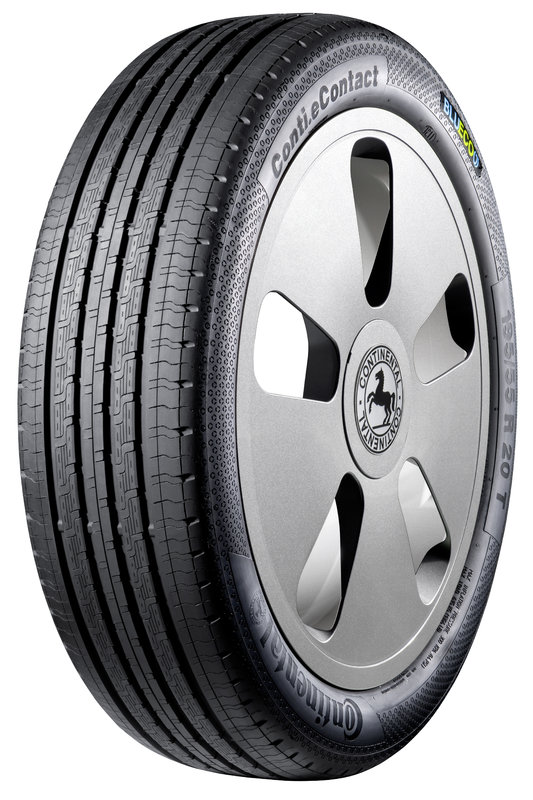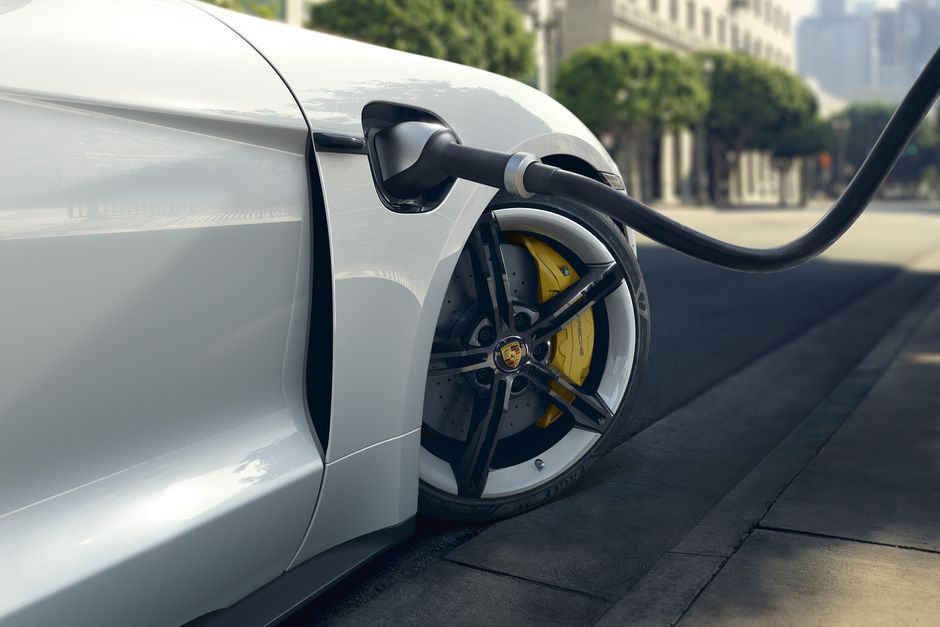It is known that the powertrain in electric vehicles is much different than those found in conventional gas-powered vehicles. However, one important feature that must be pointed out is the difference in tires.
There are many reasons why electric cars require special tires. According to tire manufacturer Continental, they have to be able to handle more weight as well as deliver more torque when beginning movement again after stopping.
To achieve the driving experience wanted, Continental gives EV tires increased load-bearing capacity to counter the extra weight from a battery pack. Additionally, to handle the torque of electric motors, the tread pattern and tread compound are also EV-specific.
With the absent of engine noise, tire noise on EVs is substantially as EV powertrains are close to completely silent. To quiet tire noise, a foam inlay is added inside Continental’s tires.

In addition to them being quieter than internal-combustion vehicles tire, the companies tires tend to be “tall and narrow,” reducing rolling resistance and helping to increase range. When it comes to EV range, choice of tires can make a big impact, with multiple test showing that using aftermarket items may improve handling but ultimately reduces range.
There has been talk of airless tires from companies like General Motors and Toyota but nothing that we would see come to fruition until 2024. It has already been confirmed that the Volkswagen ID.3 hatchback will have tires that are 20% lighter and designed for more even weight distrubution according to Bridgestone who made the model-specific tires.
When all is said and done, if you want to keep the advertised range on your EV, the best bet is to stick with stock low rolling-resistance and aerodynamic wheels provided.

